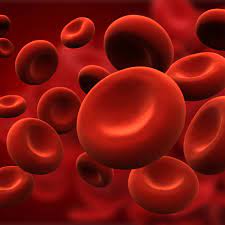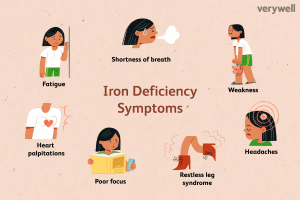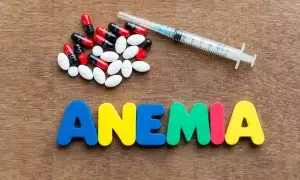Iron deficiency anemia occurs when the body doesn’t have enough iron, leading to the decreased production of red blood cells (RBCs) which are responsible for carrying oxygen (hemoglobin) around the body. Hemoglobin is the protein in the RBCs responsible for carrying oxygen to the tissues.
This condition is very common and many people don’t know it, yet they have experienced the symptoms for many years.
According to the World Health Organization (WHO), anemia is a serious global public health problem that particularly affects young children and pregnant women. WHO estimates that 42% of children less than 5 years of age and 40% of pregnant women worldwide are anemic.
Causes of Iron deficiency anemia
Some of the causes include:
- Women with heavy menstrual periods.
- Women who are breastfeeding, pregnant, those who have recently given birth.
- People with peptic ulcer
- Vegetarians
- People who have undergone major surgery
- Infectious diseases such as malaria, tuberculosis
- nutritional deficiencies
Symptoms
In most cases, symptoms develop slowly and are mild at first but worsens as time goes on. Some of the symptoms may include:
- Tiredness and lack of energy
- Headaches or having problems concentrating
- Heart palpitation
- Dizziness
- Pale skin
- Shortness in breath
- Desire to eat ice or clay or soil
Treatment for Iron deficiency anemia
Iron deficiency anemia is treated depending on how severe the problem is and what caused the anemia in the first place. Some of the options for treatments include:
- Iron supplements – Iron tablets can help restore iron levels in your body and you need to take them for several months.
- Dieting – eating foods that are rich in iron can help increase the iron level, foods like liver, leafy vegetables, nuts, dark chocolates, brown bread, millet, tomatoes, iron-fortified cereals among others.
- Blood transfusion in cases where the blood is very low.
How is iron-deficiency anemia diagnosed?
To help diagnose iron-deficiency anemia, the doctor will order a blood test to check your complete blood count (CBC), hemoglobin levels, blood iron levels, and ferritin levels.
Usually iron deficiency anemia can be corrected easily, but if not treated, it can cause other health complications. These include, Pregnancy complication, delayed growth in infants and children, rapid or irregular heartbeat among others.




